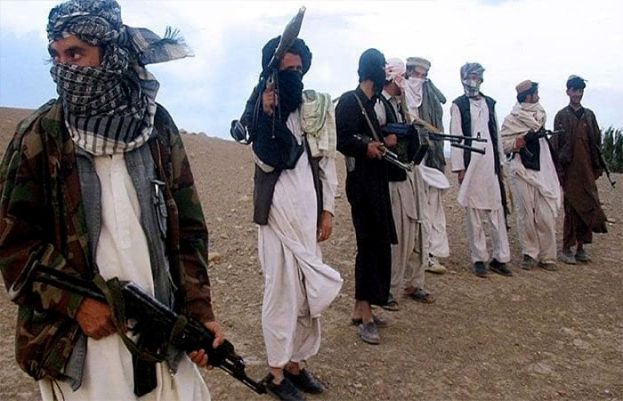Pakistan, China, Iran, and Russia have jointly expressed serious concern over the presence of terrorist organisations operating from Afghanistan, including Al-Qaeda, the banned Tehreek-e-Taliban Pakistan (TTP), the Balochistan Liberation Army (BLA), and other similar groups. The statement followed the fourth quadrilateral meeting on Afghanistan, convened by Russia on the sidelines of the 80th United Nations General Assembly session in New York. In their joint statement, the four countries reviewed the deteriorating security situation in Afghanistan and warned that militant groups posed a significant threat to regional and global stability. They urged Afghan authorities to take “effective, concrete, and verifiable actions” against terrorist networks, including dismantling training camps, cutting off funding, and preventing recruitment and access to weapons. The statement also stressed that Afghan soil must not be used for attacks against neighbouring countries or beyond, and called for the elimination of all militant groups without discrimination. The quadrilateral statement comes shortly after Deputy Prime Minister Ishaq Dar, during the inaugural meeting of the OIC Contact Group on Afghanistan at UNGA, urged the Afghan interim government to take concrete and verifiable measures to prevent its territory from being used for terrorism, particularly against Pakistan. Since the Taliban returned to power in 2021, Pakistan has faced a rise in cross-border terror incidents, especially in the bordering provinces of Khyber Pakhtunkhwa and Balochistan. The two countries share a porous 2,500-kilometre border with several crossing points, which remain vital for regional trade and people-to-people ties. However, the issue of terrorism remains a key issue for Pakistan, which has urged Afghanistan to prevent its soil from being used by groups such as the TTP to carry out attacks inside the former’s territory. The joint statement further reaffirmed support for Afghanistan as an “independent, united, and peaceful state, free from terrorism, war and narcotics.” The four sides welcomed Kabul’s efforts to reduce opium cultivation but expressed alarm over the rise of synthetic drugs such as methamphetamine. On the refugee crisis, the ministers urged Kabul to enable conditions for the safe return of displaced Afghans, praising Pakistan and Iran for hosting large populations. They also reiterated calls for an inclusive political setup, women’s rights, and access to education and public life.
Pakistan, China, Russia, and Iran call on Afghanistan to curb terror groups

